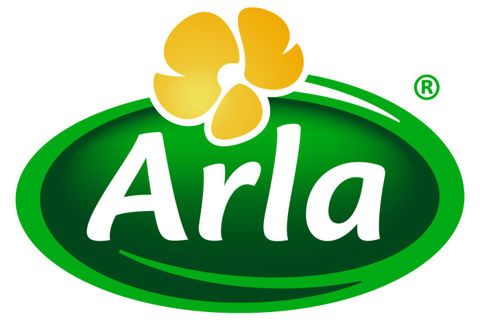Jens Bigum: We're well prepared for EU reforms
- Read time:
- 1 min
- Published:
- 07 July 2003
- Contacts:
- Press contact
Increased international competition for added value products, new pressure with regard to structural developments in the dairy industry and more profitable use of fats.
These are some of the most important consequences of the recent decision to reform the EU’s Common Agricultural Policies.
This is the view of Arla Foods’ Managing Director, Jens Bigum, who is confident that Arla Foods is ready to face the new situation created by the European Agricultural Ministers’ decision to reform the European milk market last week.
”This is not something which will favour Arla Foods and its co-operative shareholders. On the other hand, the outcome is not unexpected,” Jens Bigum said. “The planned reforms do not differ significantly from what has been expected for a long time so Arla Foods has been prepared for lower intervention prices.”
Overall the price of butter and skimmed milk powder is set to fall by 20% from 2004. The previously approved Agenda 2000 envisaged a fall of 15 % from 2005.
Jens Bigum expects the lower intervention prices to result in a reduction in milk prices. This will have a marked effect on bulk products. Raw material prices, however, will have a lesser impact the more added value the products have. The impact will be least for branded products. Arla Foods operates in all three areas although the emphasis is on increasing the amount of added value.
On the backdrop of the economic slowdown, this could induce more dairy companies to focus on adding value and thus accelerate the trend towards fewer and larger suppliers.
”However, our strategy plan means that we are not among those least prepared for the realities,” said Jens Bigum.
Arla Foods is also prepared for the reform’s increased demand for profitable use of fats: the decision to build the milk powder factory in Vimmerby in Sweden is a case in point.
Although the reforms are less than favourable to Arla Foods and its shareholders, Jens Bigum points towards one positive element. That is that lower EU milk prices could make Arla Foods more competitive in a number of third-country growth markets in which Arla Foods has had a presence for several years.
Arla Foods is an international dairy company owned by more than 8,400 farmers from Denmark, Sweden, the UK, Germany, Belgium, Luxembourg and the Netherlands. Arla Foods is one of the leading players in the international dairy arena with well-known brands like Arla®, Lurpak®, Puck® and Castello®. Arla Foods is focused on providing good dairy nourishment from sustainable farming and operations and is also the world's largest manufacturer of organic dairy products.
Press contact
